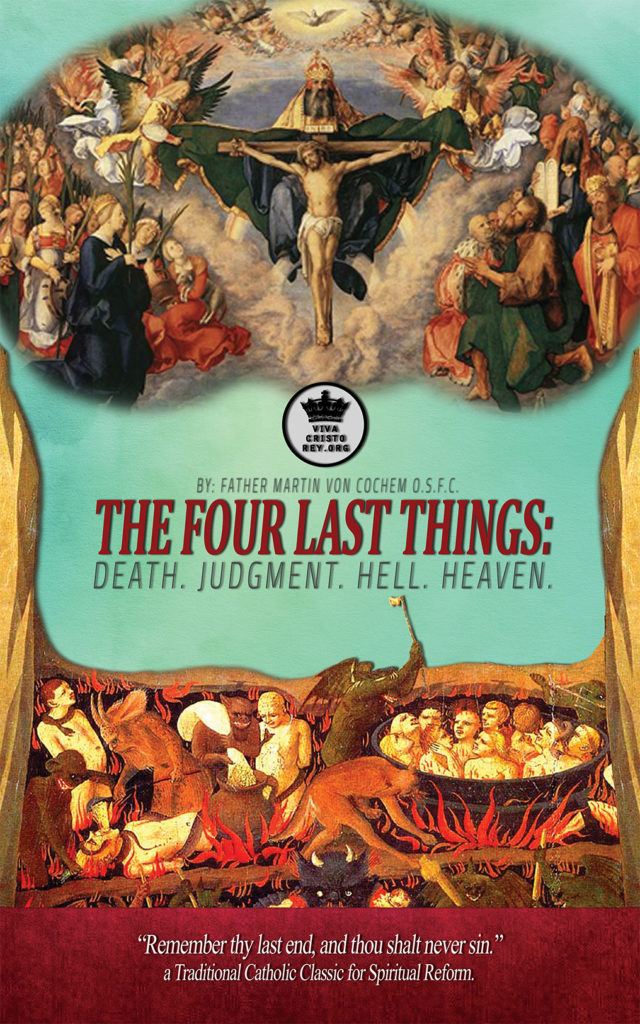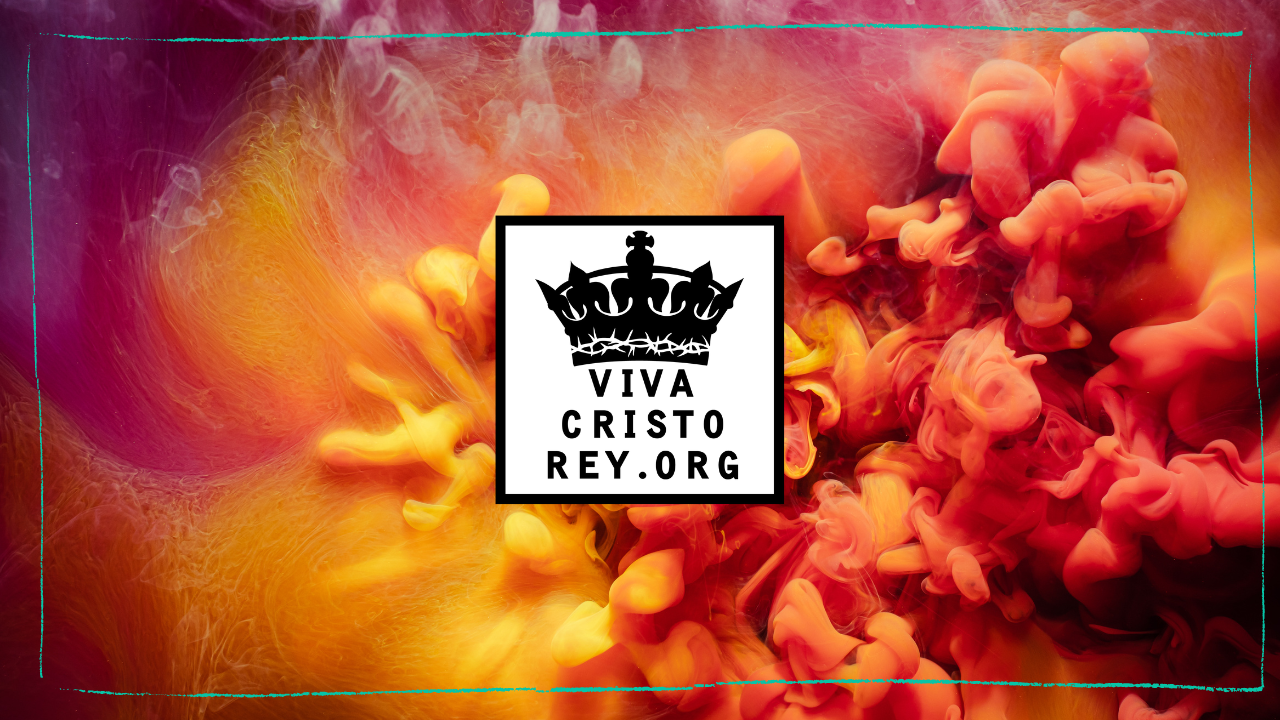The spouse of Christ is but one: she is fair and terrible.
1 My beloved is gone down into his garden, to the bed of aromatical spices, to feed in the gardens, and to gather lilies. 2 I to my beloved, and my beloved to me, who feedeth among the lilies. 3 Thou art beautiful, O my love, sweet and comely as Jerusalem: terrible as an army set in array. 4 Turn away thy eyes from me, for they have made me flee away. Thy hair is as a flock of goats, that appear from Galaad. 5 Thy teeth as a flock of sheep, which come up from the washing, all with twins, and there is none barren among them.
6 Thy cheeks are as the bark of a pomegranate, beside what is hidden within thee. 7 There are threescore queens, and fourscore concubines, and young maidens without number. 8 One is my dove, my perfect one is but one, she is the only one of her mother, the chosen of her that bore her. The daughters saw her, and declared her most blessed: the queens and concubines, and they praised her. 9 Who is she that cometh forth as the morning rising, fair as the moon, bright as the sun, terrible as an army set in array? 10 I went down into the garden of nuts, to see the fruits of the valleys, and to look if the vineyard had flourished, and the pomegranates budded.
11 I knew not: my soul troubled me for the chariots of Aminadab. 12 Return, return, O Sulamitess: return, return that we may behold thee.
Commentary
[1] “My beloved is gone down into his garden”: Christ, pleased with the good works of his holy and devout servants labouring in his garden, is always present with them: but the words is gone down, are to be understood, that after trying his Church by permitting persecution, he comes to her assistance and she rejoices at his coming. [8] “One is my dove”: That is, my church is one, and she only is perfect and blessed. [9] “Who is she”: Here is a beautiful metaphor describing the church from the beginning. As, the morning rising, signifying the church before the written law; fair as the moon, shewing her under the light of the gospel: and terrible as an army, the power of Christ’s church against its enemies.

TITLE: The Four Last Things: Death. Judgment. Hell. Heaven. “Remember thy last end, and thou shalt never sin.” a Traditional Catholic Classic for Spiritual Reform.
AUTHOR: Father Martin Von Cochem
EDITOR: Pablo Claret
Get it as a PAPERBACK:
vcrey.com/4-last-things-book

Get it as a an AUDIOBOOK on Google Play:
vcrey.com/4-last-things-audiobook

Get it as a an AUDIOBOOK on Apple Books:
See our catalogue of Catholic books and audiobooks:
https://vivacristorey.org/en/catalogue/
